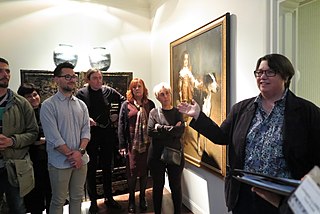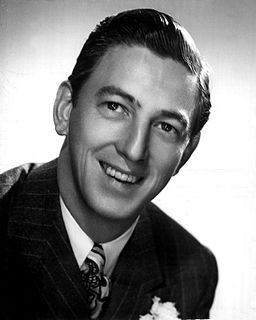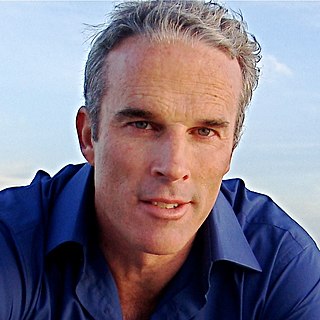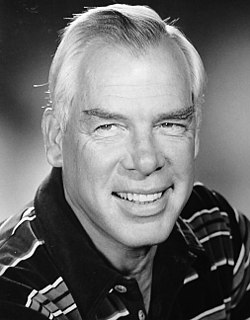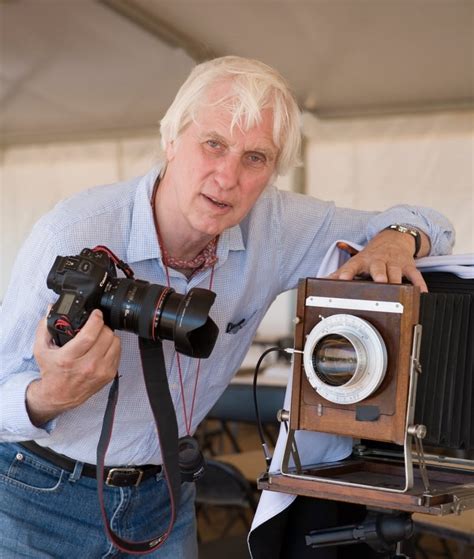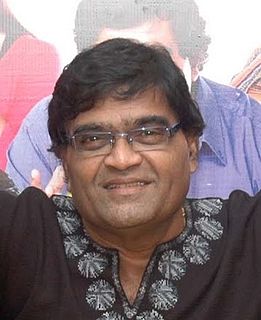A Quote by Catherine Opie
I always give a print to everybody I photograph, and some of my subjects have told me they have a hard time hanging them up at home.
Related Quotes
I was brought up on the books of The Wizard of Oz and my mother told me that these were great philosophies. It was a very simple philosophy, that everybody had a heart, that everybody had a brain, that everybody had courage. These were the gifts that are given to you when you come on this earth, and if you use them properly, you reach the pot at the end of the rainbow. And that pot of gold was a home. And home isn't just a house or an abode, its people, people who love you and that you love. That's a home.
I was in the sixth grade and living in Germany, when I was hanging out late with some friends. I turned around, and there's a dude dressed up as Michael Myers following us all the way home. It was the scariest thing ever, and it always reminds me of Halloween. In my mind, I was so young, so I really thought it was Mike Myers following me home.
It doesn’t matter if you use a box camera or a Leica, the important thing is what motivates you when you are photographing. What I have tried to do is involve the people I was photographing. To have them realize without saying so, that it was up to them to give me whatever they wanted to give me . . . if they were willing to give, I was willing to photograph.
Some people when they have taken too much and have been driven beyond the point of endurance, simply crumble and give up. There are others, though they are not many, who will for some reason always be unconquerable. You meet them in time of war and also in time of peace. They have an indomitable spirit and nothing, neither pain nor torture nor threat of death, will cause them to give up.
And I told you: I think of a photograph you took of me, up in Montreal. You told me to jump in the air, so in the picture, my feet are off the ground. Later, I asked you why you wanted me to do that, and you told me it was the only way to get me to forget about the expression on my face. You were right. I am completely unposed, completely genuine. In my mind’s eye, I picture myself like that, reacting to you.
People have always told tales. Long before humanity learned to write and gradually became literate, everybody told tales to everybody else and everybody listened to everybody else's tales. Before long it became clear that some of the still illiterate storytellers told more and better tales than others, that is, they could make more people believe their lies.
